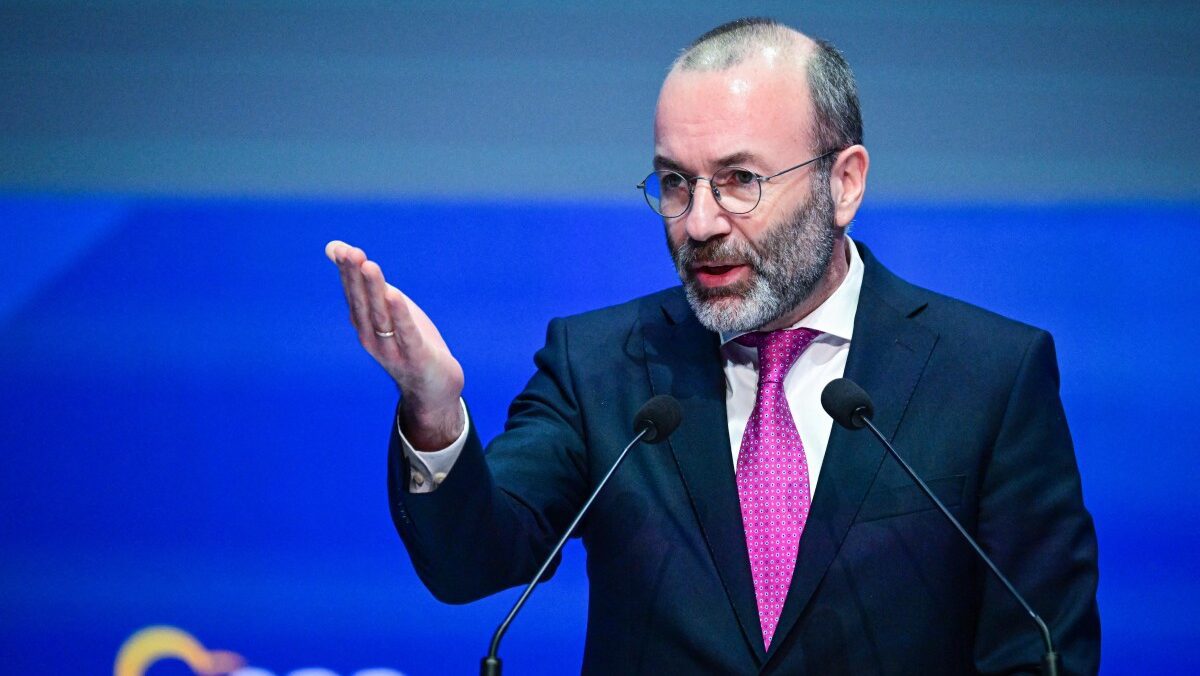
Photo: Daniel MIHAILESCU / AFP
The centrist European People’s Party (EPP) is touting migration reforms that mimic the UK’s failing Rwanda ‘plan’ of deporting migrants abroad for asylum processing. The move is a blatant attempt to appeal to the Right ahead of the European elections and, as one ‘Brussels insider’ told The Guardian, will make the Left “go mad.”
The European Parliament group approved its manifesto on Wednesday, which says on illegal migration:
We want to implement the concept of safe third countries. Anyone applying for asylum in the EU could also be transferred to a safe third country and undergo the asylum process there.
The British Conservative Party’s attempt to deport illegal migrants to Rwanda has failed at every step, suffering defeats in the courts and being laughed at by the people smugglers. It is unlikely that any flights to the African nation will take off before this year’s general election, after which point it is even more unlikely that the Conservatives will be in office to see the policy through.
EPP officials have not yet indicated which country—or countries—they will choose for overseas processing, but they have stressed that “criteria for safe countries shall be in line with the core obligations of the Geneva Refugee Convention and the European Convention on Human Rights,” which could set it apart from the UK’s plan.
Asked whether the plan was supported by EPP-aligned Commission President Ursula von der Leyen, coalition leader Manfred Weber said: “All the programmatic positions of the European People’s Party are … [supported] also by” her.
EuroNews suggested that the move shows the EPP is looking to “build bridges with far-right” to improve its own electoral chances. But the processing of asylum applications in third countries is neither radical nor new. Albania has given Italy the green light to build processing centres on its land and Denmark passed legislation allowing it to relocate migrants outside the EU for processing almost three years ago.
Whether the EPP’s newfound position on third-country processing convinces voters who take migration matters seriously, and who may remember the group’s leading support for the EU’s Migration Pact, remains to be seen.
